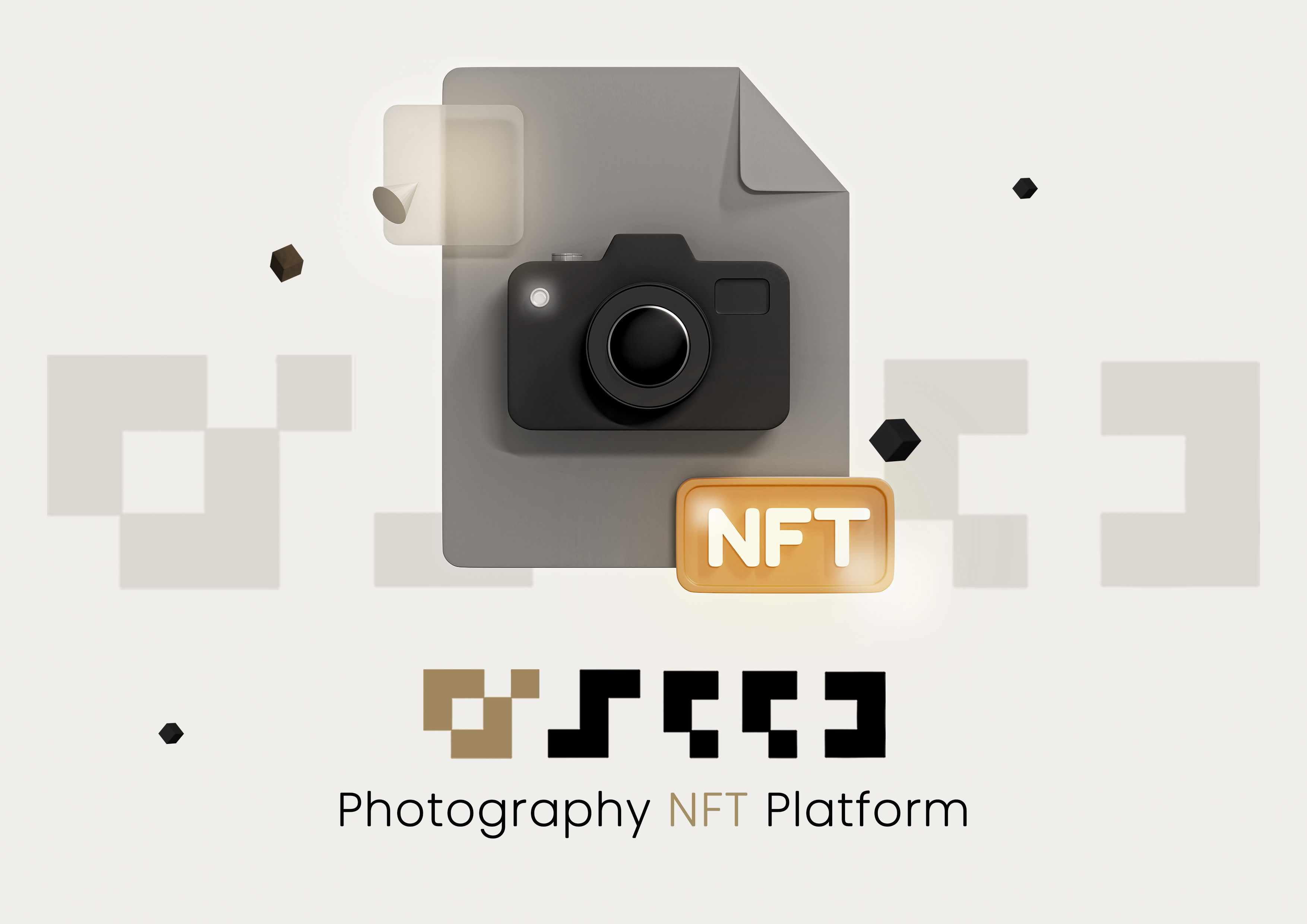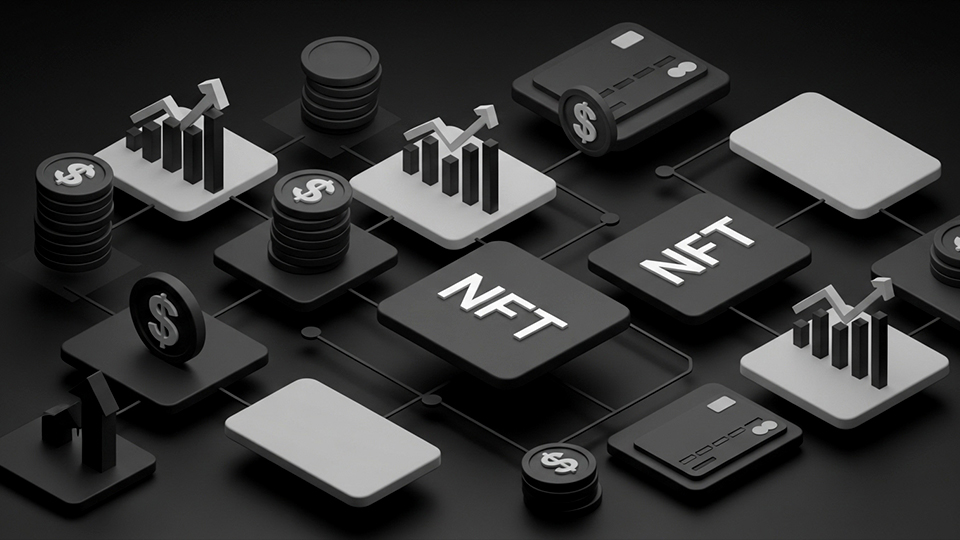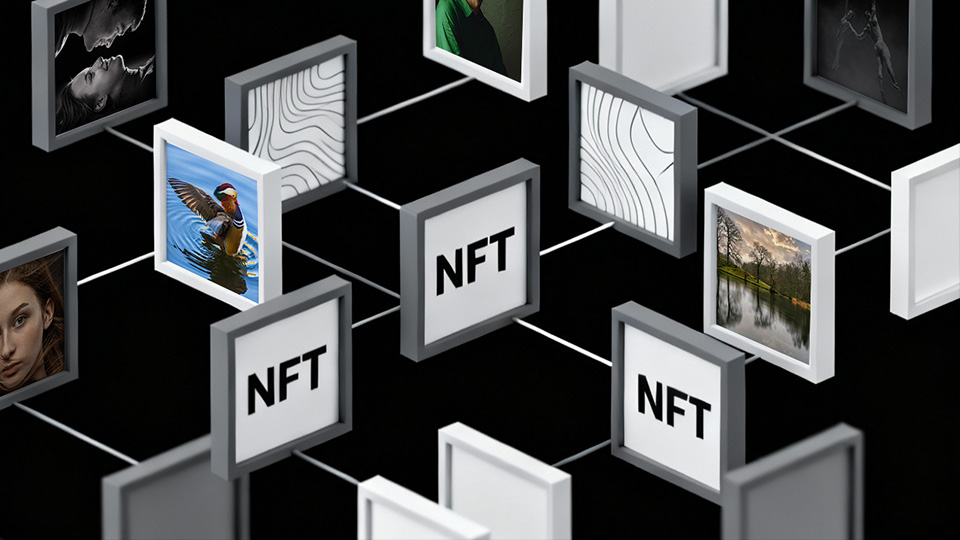NFT Lending: What You Need to Know
NFT Lending Explained
Among the various applications of NFTs, lending has garnered significant attention. NFT lending involves the process of borrowing and lending NFTs, allowing users to leverage their digital assets for various purposes.
How NFT Lending Works
NFT lending operates similarly to traditional lending practices but within the digital space. Owners of NFTs can lend their digital assets to borrowers in exchange for interest or other benefits. Borrowers, in turn, provide collateral or pay interest on the borrowed NFTs. Smart contracts on blockchain platforms facilitate these transactions, ensuring transparency and security for all parties involved.

How NFT Fractionalization and Lending Help Investors Unlock Liquidity
Fractionalization of NFTs involves dividing them into smaller, more affordable units, enabling wider participation in the market. NFT lending platforms leverage fractionalization to offer investors opportunities to unlock liquidity from their NFT holdings without selling them outright. By lending out fractions of their NFTs, investors can access liquidity while retaining ownership and potential future value appreciation.
Benefits of NFT Lending
NFT lending offers several benefits for both lenders and borrowers. For lenders, it provides an opportunity to earn passive income by lending out idle NFT assets. Additionally, it allows NFT owners to leverage their assets for liquidity without the need for immediate sale. On the other hand, borrowers benefit from access to a wide range of NFTs for various purposes, such as gaming, art, or collectibles, without the need for significant upfront capital.

The Risks of NFT Loans
While NFT lending presents exciting opportunities, it also comes with inherent risks. Market volatility, smart contract vulnerabilities, and regulatory uncertainties are some of the primary risks associated with NFT loans. Borrowers may face liquidation risks if they fail to meet collateral requirements or repay their loans on time. Additionally, lenders must conduct thorough due diligence and risk assessment before participating in NFT lending to reduce potential losses.



